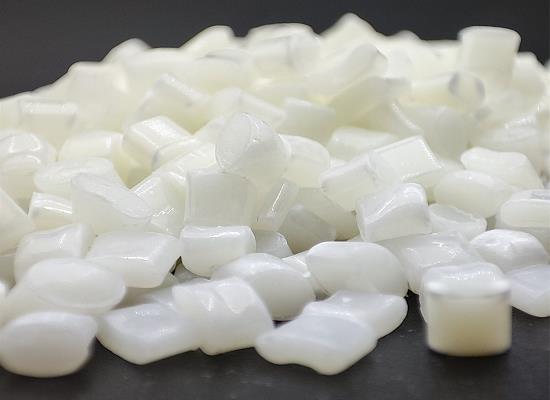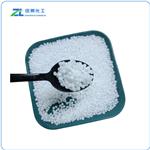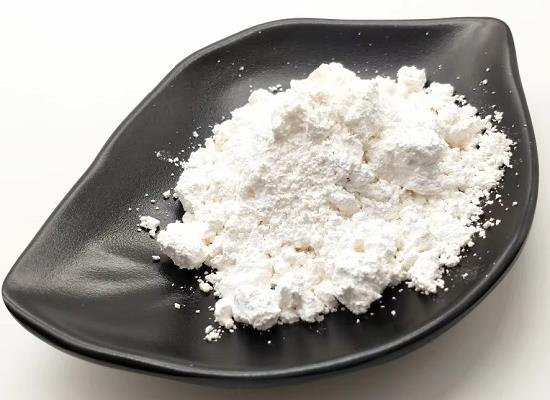ABS Resins: Industrial Applications, Advantages and Disadvantages
General Description
ABS Resins are essential materials widely used in various industries, including consumer electronics, automotive manufacturing, and household appliances. Their exceptional properties, such as impact resistance, high strength, versatility in processing, and chemical resistance, make them ideal for producing durable products. However, ABS Resins also have disadvantages, including poor weather resistance, low fire resistance, and limited heat tolerance, which can restrict their application in certain environments. Despite these drawbacks, the unique attributes of ABS Resins ensure their continued relevance and effectiveness in enhancing both consumer products and critical medical equipment across diverse sectors.

Figure 1. ABS Resins
Industrial Applications
Consumer Electronics
ABS Resins play a vital role in the production of a variety of consumer electronic products. The remarkable properties of ABS Resins, such as impact resistance, versatility, and excellent electrical insulation capabilities, make them an ideal choice for manufacturing essential electronic components. Common applications include computer keyboards, mouse devices, remote controls, and casings for audio/video equipment. The ability to mold ABS Resins into intricate designs further enhances their functionality and aesthetic appeal, catering to the demands of modern consumer electronics. Hence, the expansive use of ABS Resins in this sector showcases their significance in producing reliable and durable products that meet the fast-paced technological advancements in the industry. 1
Automotive Manufacturing
The automotive industry extensively utilizes ABS Resins for a plethora of both interior and exterior components. Key examples are dashboards, instrument panels, door panels, trim, grilles, and mirror housings—each benefiting from the strength, impact resistance, and superb surface finish provided by ABS Resins. These qualities ensure that the products retain their integrity and appearance over time, even under challenging conditions. Due to the demand for lighter yet robust materials in vehicle design, ABS Resins have become increasingly popular for reducing overall vehicle weight while maintaining safety standards. This makes ABS Resins integral to automotive manufacturing, supporting the industry's innovation towards more efficient and durable vehicles. 1
Versatility Home and Medical Devices
Beyond electronics and automotive applications, ABS Resins have proven their versatility in the production of household appliances and medical devices. In the home, ABS Resins are found in items like vacuum cleaners, blenders, coffee makers, and kitchen utensils due to their strength, chemical resistance, and ease of processing. This durability ensures that everyday appliances function effectively and withstand wear over extended periods. In the medical sector, ABS Resins are crucial for creating device housings, equipment casings, and laboratory tools. Their durability and resistance to chemicals make them particularly suitable for devices that require sterilization, such as disposable syringes and medical instrument components. Thus, the wide-ranging applications of ABS Resins underscore their critical role across diverse industries, enhancing not only consumer products but also essential medical equipment. 2
Advantages and Disadvantages
Advantages
ABS Resins offer a multitude of advantages, making them a popular choice across various applications. One of the most notable benefits is their exceptional impact resistance, which ensures durability and toughness in demanding environments. Additionally, the mechanical properties of ABS Resins include high strength and stiffness, allowing them to withstand significant loads and stresses, making them suitable for structural components. The versatility of ABS Resins is another significant advantage, as they can be easily molded and shaped through methods like injection molding, machining, and 3D printing. Furthermore, ABS Resins exhibit impressive chemical resistance, resisting degradation from a variety of chemicals, including acids and solvents. Their good electrical insulating properties also make them ideal for manufacturing electrical and electronic components. Finally, the ability to achieve a smooth and aesthetically pleasing surface finish makes ABS Resins a favored material in both functional and decorative applications. 2
Disadvantages
Despite the many benefits, ABS Resins also come with several disadvantages that can limit their applications. One critical issue is poor weather resistance; when exposed to sunlight and UV radiation, ABS Resins can degrade, becoming brittle and discolored over time. This susceptibility restricts their use in outdoor environments. Additionally, ABS Resins are classified as combustible materials with relatively low fire resistance, posing a safety risk, especially in applications where fire hazards are a concern. The material's limited heat resistance is another drawback, with a melting point ranging from approximately 200 to 240°C (392 to 464°F), beyond which it may deform or lose its mechanical properties. Lastly, the higher coefficient of thermal expansion of ABS Resins can lead to dimensional instability, making it challenging to maintain tight tolerances with temperature variations. These disadvantages highlight the importance of carefully considering the application environment and requirements when using ABS Resins. 2
Reference
1. National Center for Biotechnology Information (2024). PubChem Compound Summary for CID 24756, Acrylonitrile butadiene styrene.
2. ABS Plastic: Understand the Key Benefits and Applications. Protolabs.
See also
Lastest Price from ABS Resins manufacturers

US $6.00/kg2025-04-21
- CAS:
- 9003-56-9
- Min. Order:
- 1kg
- Purity:
- 99%
- Supply Ability:
- 2000KG/Month

US $10.00/kg2025-04-21
- CAS:
- 9003-56-9
- Min. Order:
- 1kg
- Purity:
- 99%
- Supply Ability:
- 20 ton


